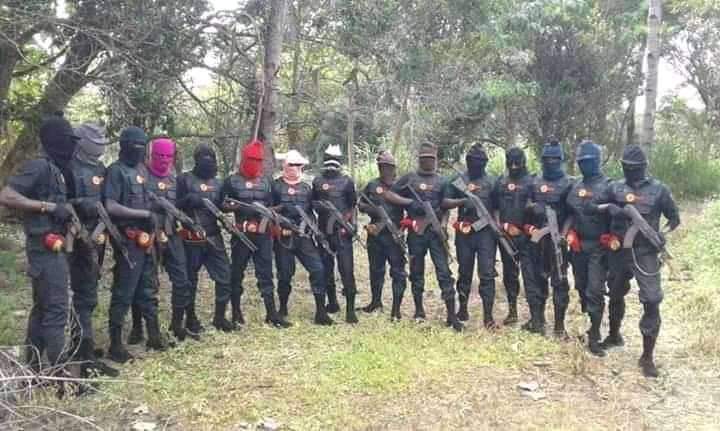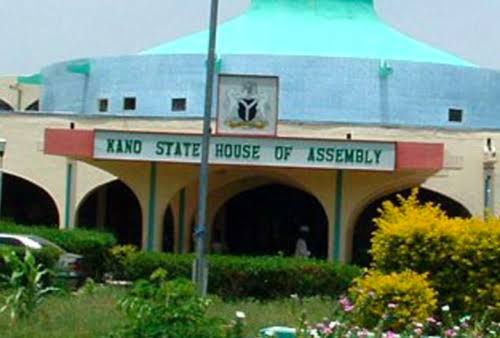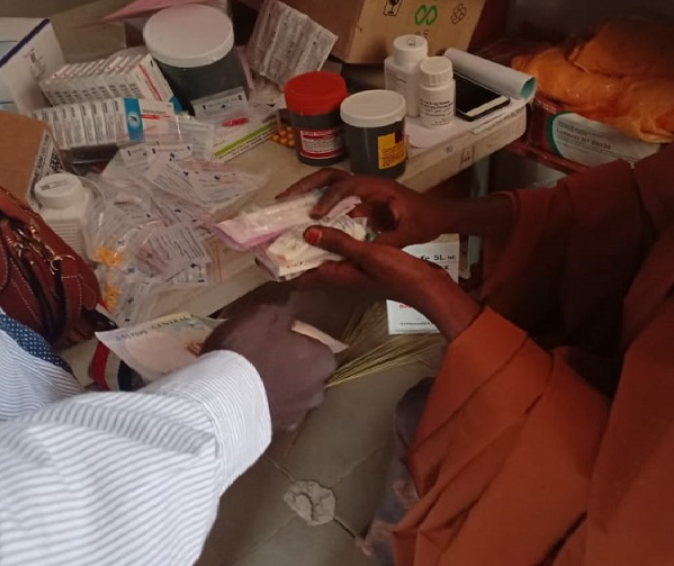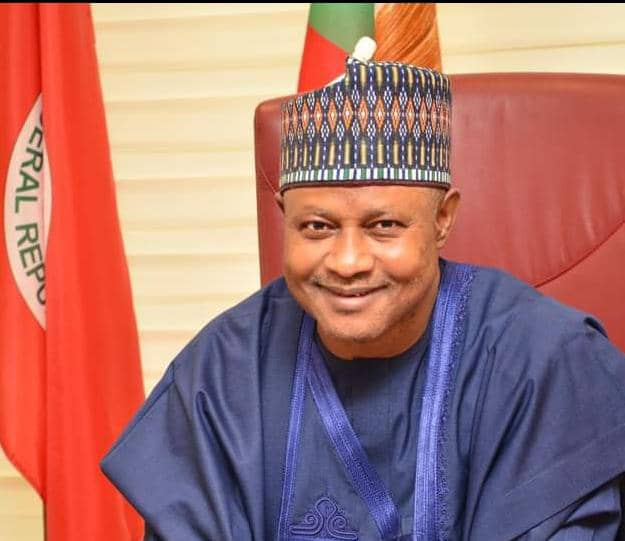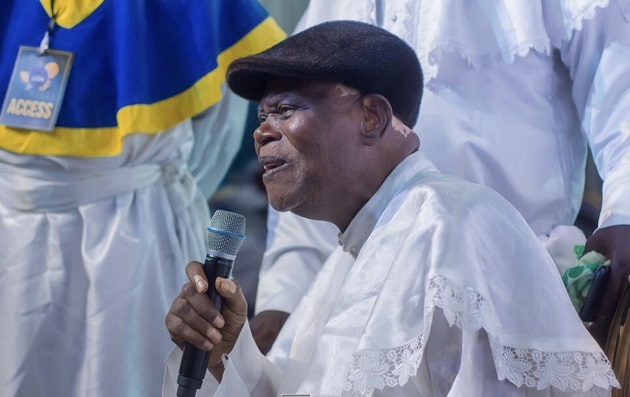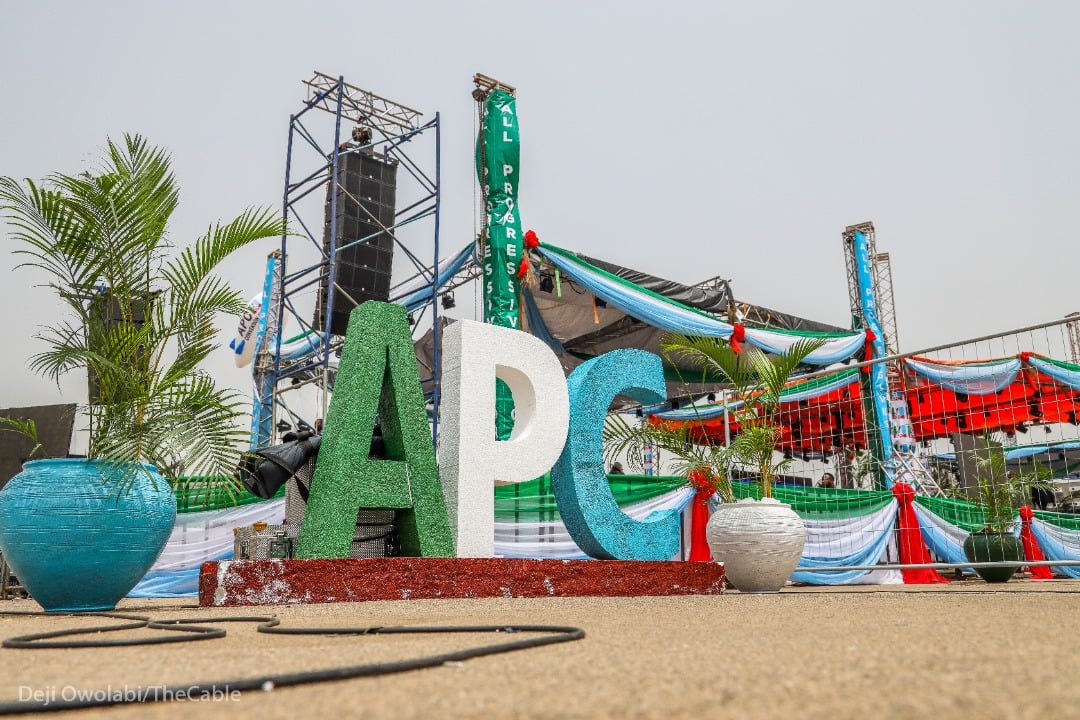The government of the United Kingdom (UK) says only violent members of the Indigenous People of Biafra (IPOB) will be denied asylum in Britain.
Reacting to reports claiming that the UK added IPOB to its list of terrorist groups, the British High Commission (BHC) in Abuja, said the British government only acknowledged Nigeria’s classification of the group.
In a statement by Atinuke Akande-Alegbe, a BHC spokesperson, the UK government said “all asylum and human rights claims made in the UK are considered on their individual facts in accordance with our obligations under the UN Refugee Convention and European Convention on Human Rights, taking into account relevant background country information and case law”.
The high commission added that IPOB members who have committed violent crimes in Nigeria will not be granted asylum.
Advertisement
“This CPIN also acknowledges that the Nigerian government has proscribed IPOB as a terrorist organisation, some members of IPOB have reportedly used violence against the state and members of the public, and advises that persons who have committed human rights abuses must not be granted protection,” the statement read.
THE TURN OF EVENTS
TheCable had reported in April 2021 that the UK was planning to grant asylum to persecuted members of the separatist group, as part of its refugee policy published at the time.
A few days after the policy notes were published, the UK government took it down, following complaints from the Nigerian government.
Advertisement
In July 2021, an updated policy on asylum had no clear mention of IPOB, but more emphasis on Nigerians fleeing Boko Haram’s onslaught.
By 2022, new policy notes were published here acknowledging Nigeria’s classification of IPOB as a terrorist organisation, further stating that “persons who have committed human rights abuses must not be granted protection”.
The UK stated categorically that the “Indigenous People of Biafra” (IPOB) “is not a proscribed organisation in the UK”.
BHC added that the policy notes provide country of origin information (COI) and analysis of COI for use by UK Government decision-makers handling particular types of protection and human rights claims.
Advertisement
It added that the notes were just “a general assessment of risks faced by individuals belonging to those groups” and that “these assessments are based on an analysis of publicly available country information obtained from a wide range of reliable sources including media outlets; UK and other governments; local, national and international organisations; and non-government organisations”.
NIGERIAN GOVT REACTS
Garba Shehu, spokesperson to President Muhammadu Buhari, said “Nigeria welcomes the decision by the United Kingdom to proscribe the Indigenous People of Biafra (IPOB) as a terrorist group”.
The presidential spokesman said “it has taken our allies in the U.K. so long to follow suit” — not acknowledging that the UK only acknowledged Nigeria’s proscription, and did not in fact proscribe IPOB in Britain.
Shehu said the UK took so long due to two reasons: “first, the deep pockets of IPOB’s international network of funders that allow for lawyers and influence peddlers to aggressively lobby for and whitewash the activities of their client in Western courts; and second, IPOB’s influential communication network of TV and radio stations – including London-based Radio Biafra – employed with great effect to spread misinformation abroad and incite violence at home”.
Advertisement
He asked that the UK should follow up with “confiscation of their assets, shut down their communication channels and sanction the issuance of visas to IPOB’s funders in Nigeria”.
The presidential spokesperson called on the US to “at last heed our calls and follow suit in designating this murderous terror group as what it is”.
Advertisement
Add a comment
